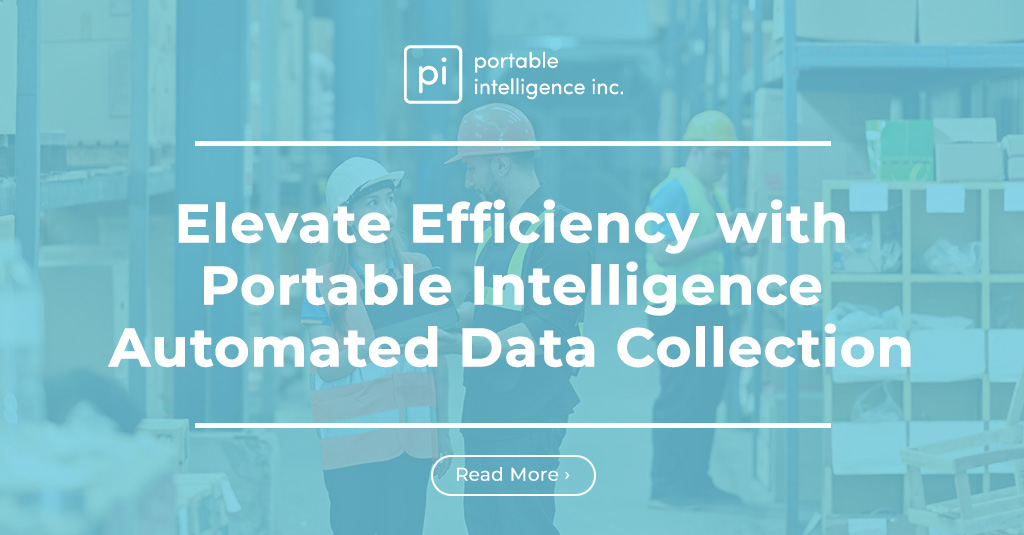Warehouse management is rife with challenges, from maintaining inventory accuracy to optimizing space and labor efficiency. Addressing these challenges head-on is crucial for operational success. Portable Intelligence offers comprehensive solutions that tackle these issues, paving the way for more efficient, accurate, and productive warehouse operations.
Inventory Accuracy
Accurate inventory tracking is foundational to effective warehouse management. Without precise data on stock levels, businesses risk overstocking, stockouts, and order fulfillment errors. Implementing a Warehouse Management System (WMS) like Portable Intelligence’s RF Plus™ can drastically improve accuracy through real-time data and automation. This system provides complete visibility into inventory movements, ensuring that every item is accounted for from receipt to dispatch. By automating inventory updates and using barcode scanning or RFID technology, businesses can significantly reduce human errors and improve overall inventory accuracy.
Space Utilization
Efficient use of space is essential for maximizing warehouse capacity and operational efficiency. Portable Intelligence aids in designing an optimized layout that maximizes storage and streamlines operations. This involves strategic placement of inventory to minimize travel time for picking and replenishment, as well as utilizing vertical space effectively with automated storage solutions. Portable Intelligence’s solutions can analyze warehouse data to recommend layout improvements, ensuring that space is used as efficiently as possible. This optimization not only increases storage capacity but also enhances workflow efficiency, reducing bottlenecks and speeding up order processing.
Labor Management
Balancing labor efficiency with demand is a complex challenge in warehouse management. Ensuring that staffing levels are optimal—neither under- nor over-staffed—requires accurate labor forecasting and performance tracking. Portable Intelligence provides tools for labor forecasting and performance tracking, ensuring optimal staffing levels. These tools analyze historical data and current trends to predict labor needs, allowing managers to schedule shifts more effectively. Additionally, performance tracking capabilities help identify areas where productivity can be improved and recognize high-performing employees. By optimizing labor management, businesses can reduce costs and improve overall efficiency.
Adapting to Technology
Keeping up with technological advancements is crucial for maintaining a competitive edge in warehouse management. Portable Intelligence ensures warehouses remain at the forefront of innovation, with easy integration of new tools and processes. Whether it’s adopting the latest automation technology, integrating IoT devices for real-time monitoring, or implementing advanced analytics for data-driven decision-making, Portable Intelligence provides the infrastructure and support needed to stay ahead. The seamless integration of new technologies ensures that warehouses can continually improve their operations and adapt to changing market demands.
Overcoming common warehouse management challenges requires strategic investment in technology and processes. Portable Intelligence offers comprehensive solutions that address these issues, paving the way for more efficient, accurate, and productive warehouse operations. By focusing on inventory accuracy, space utilization, labor management, and technological adaptation, businesses can transform their warehouses into hubs of efficiency and productivity. Investing in Portable Intelligence’s solutions not only resolves current challenges but also prepares warehouses for future growth and innovation.
With Portable Intelligence, businesses can turn their warehouses into strategic assets that drive operational success and competitive advantage. By leveraging advanced technologies and best practices, warehouses can achieve higher efficiency, reduce costs, and improve customer satisfaction. Embracing these solutions ensures that warehouses are well-equipped to meet the demands of today’s fast-paced logistics environment and can continuously adapt to new challenges and opportunities.





